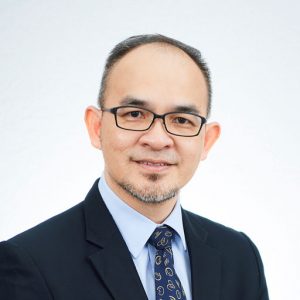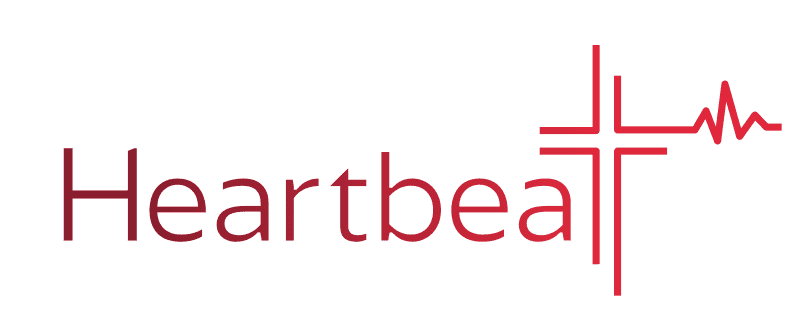SBC is sending our 67th batch of graduates at a very unusual and difficult time in global human history—the COVID-19 situation. Despite adversities, the faculty and staff have worked in unity to ensure the completion of their degrees in time with minimal disruption. This is why I encourage our graduates to develop a model of leadership that is sustainable in fluid and ever-changing circumstances. Being children of the Reformation, we can draw lessons on sustainable leadership from our forerunners on why a movement spreads, how to make decisions, and what makes a good leader.
WHY A MOVEMENT SPREADS
In The Tipping Point: How Little Things Can Make a Big Difference, Malcolm Gladwell points out that “Ideas and products and messages and behaviours spread just like viruses do.” Any movement that spreads like a virus follows three principles.
Principle 1: The Law of the Few
This principle reflects how a virus starts with a few carriers—in the leadership of the Reformation, there were the expert, the bridge, and the promoter. Martin Luther played the role of the expert in Christian belief and biblical teaching. He supplied the ideas and messages. But the expert needs the bridge—someone who connects people and resources. The politician and landlord Frederick the Wise became the bridge between different groups at various levels of society. Yet, a movement cannot truly take shape without the promoter. The scholar Andreas Karlstadt was instrumental in popularizing Luther’s ideas and messages in memorable slogans, such as the solas for justification.
Principle 2: The Stickiness Factor
This principle reflects how a virus stays in the host. The ideas and messages of the Reformation spread throughout Germany, “sticking” to every recipient. What factors facilitated this “stickiness”? (1) Luther translated the Bible to German, allowing commoners to read Scripture; (2) a new printing technology transmitted Luther’s works from pen to print quickly; (3) roads and transportation of the time allowed materials to be carried to far corners of the continent; and (4) various interest groups gathered to discuss, debate, clarify and learn about the ideas and messages.
Principle 3: The Power of Context?
The third principle reflects how a virus adapts in a new environment. Luther and his compatriots from different sectors of German society encouraged the people of their time to think out of the box, and choose to live not with the Medieval Church but within the New Church, where they could find assurance of their salvation, better income security, a learning space for the word of God, and even an improved legal system for their society and education system for their children.
HOW TO MAKE DECISIONS
How did the Reformers make decisions in their ministries? Firstly, they grounded their actions firmly in the whole counsel of God. They insisted on making decisions not by human desire but God’s will. They held fast to the gospel as the guide for their beliefs, which in turn directed their actions. Bearing this in mind, they opened themselves and their ministry teams to continuous learning of the Bible and theology.
Secondly, the Reformers emphasized self-leadership and management. They made sure their ministers were fed well spiritually, and kept well emotionally and physically. They stressed the ways of wisdom—knowing yourself, managing yourself, then giving yourself—but only in that order. With this care of the whole being, the Reformers expanded the boundaries of their ministries from the church community alone to those at risk in their diocese.
Thirdly, the Reformers worked as a team by agreeing to disagree, such as about Holy Communion and baptism, but holding each other to the same vision, mission and values. They defined themselves with the values of love and truth, defined their direction with the mission of building the church, and defined their destination with the vision of building a Christian community based on God’s word.
WHAT MAKES A GOOD LEADER? ?
The ultimate decision to be made by any leader is the choice of the right people for the right positions to continue the leadership of the church. We see this in the early church—people like Barnabas raised
capable men and women to leadership; people like Paul taught and nurtured the next generation for church renewal and leadership change; and people like Timothy were teachable, available and faithful to the call of God in their vocations. To ensure that ministry is sustainable, leaders must choose good people.
Please pray for our graduates and alumni.






